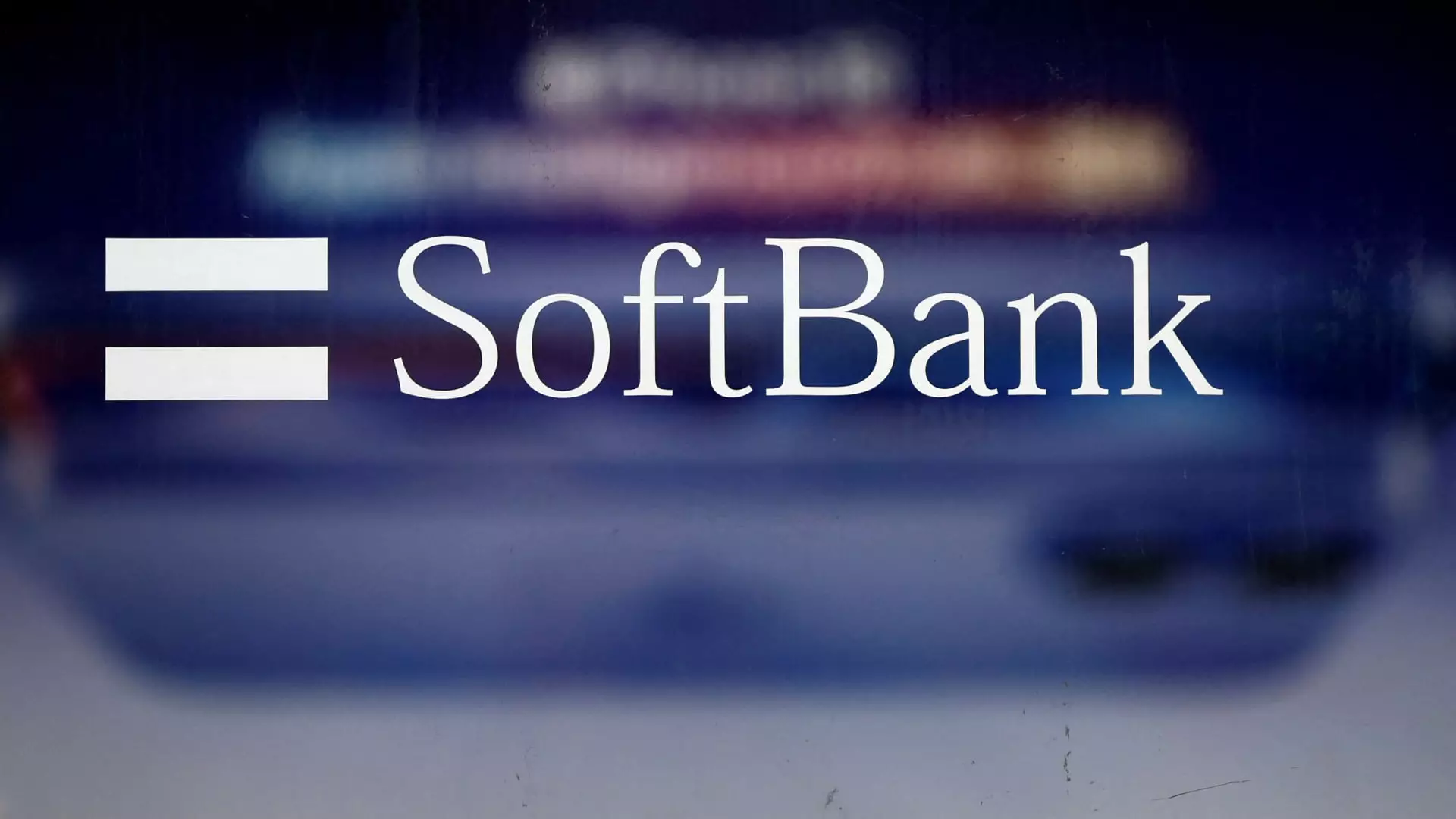In a rather unexpected turn of events, SoftBank Group has reported a significant quarterly loss that has raised alarm bells among investors and analysts alike. The announcement, made on Wednesday, highlighted the adverse impact of investment declines under its Vision Funds, coinciding with disappointing revenue figures that fell short of market expectations. The reported revenue was 1.83 trillion yen, slightly below the anticipated 1.84 trillion yen. The company, instead of showcasing profitability, recorded a staggering net loss of 369.17 billion yen (approximately $2.4 billion), contrasting sharply with a profit of 298.53 billion yen in the previous quarter.
This downturn was largely influenced by the performance of the Vision Fund, which recorded a loss of 352.75 billion yen for the quarter ending December 31. In comparison, the preceding two quarters had shown positive returns, making this shift particularly troubling. Investors had hoped for a more stable outlook, especially following previous gains.
The Vision Fund segment encompasses not just the investments but also administrative costs and currency fluctuations. This broader segment reported an even more concerning loss of 309.93 billion yen, revealing the challenges facing SoftBank beyond just its investment choices. Key performance indicators showed a 2.1% drop in the fair value of its public portfolio under Vision Fund 1, primarily due to the declining stock price of Coupang, an e-commerce player. On the private investment front, the value saw a 3.3% decrease, leading to an overall decline of 2.8% in the portfolio from the previous quarter. Furthermore, Vision Fund 2 experienced a more pronounced fall, plunging by 3.7%.
The losses were significant, driven by the poor performance of several high-profile investments including Ola Electric Mobility and AutoStore, both of which saw their share prices decline. Meanwhile, despite a surge in stock for food delivery service Swiggy, the overall sentiment remains negative due to these widespread losses in other sectors.
In recent years, SoftBank’s investment strategy has faced criticism, particularly as it poured capital into firms that have since reevaluated their market positions, often resulting in markdowns. Nevertheless, the company is now pivoting towards artificial intelligence (AI), recognizing the potential surge in demand. Industry giants like Nvidia have reported unprecedented growth due to an uptick in demand for chips and data centers, prompting SoftBank to capitalize on this trend.
According to reports, SoftBank is close to finalizing a monumental $40 billion investment in OpenAI, valuing the company at a pre-money worth of $260 billion. If completed, this deal would position SoftBank as OpenAI’s largest backer, overtaking Microsoft, which previously held a crucial stake in the AI startup. The foundations for this investment are strengthened by SoftBank’s commitment to inject $3 billion annually into OpenAI initiatives.
Additionally, SoftBank and OpenAI have unveiled a joint venture named “SB OpenAI Japan,” which aims to exclusively market OpenAI’s enterprise solutions to major corporations in Japan. This collaboration signals SoftBank’s strategic intent to leverage AI technology amidst its financial setbacks.
Despite the quarterly losses, the stock performance for SoftBank was relatively favorable with shares soaring by 45% last year. This resilience may suggest a belief in the long-term vision that includes aggressive investments in AI. Investors and market analysts will be monitoring SoftBank’s next moves closely, weighing the potential of AI against the backdrop of their recent financial performance.
While SoftBank Group is currently grappling with significant losses tied to its Vision Funds, the strategic repositioning toward AI investments could provide a pathway toward recovery and growth. The upcoming months will be critical as the company implements its revised strategies and seeks to regain investor confidence.

